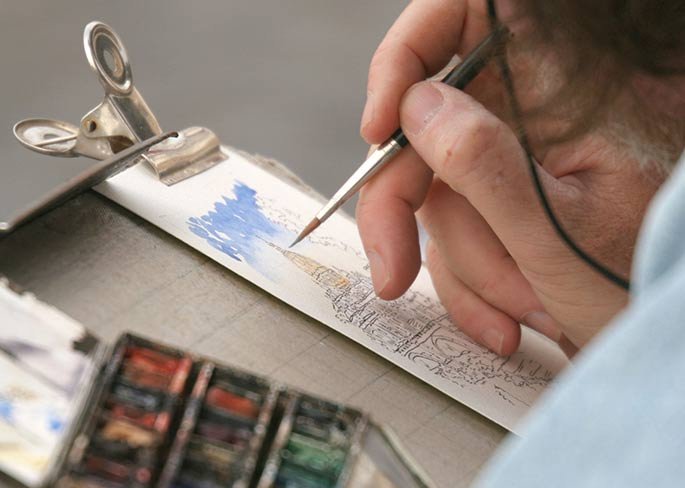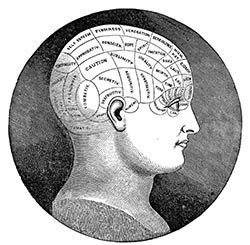Have you ever filled in a form that asks ‘what are your hobbies and interests’ and found you come to a grinding halt? Detailing your hobbies can feel a bit awkward; as though you’re filling in an advert in the lonely hearts’ column, but it’s an important question for, say, a prospective employer because it tells them a lot about the kind of person you are. To a potential friend or partner, your hobbies and interests give a quick insight into whether or not you’re the type of person that they would get on with (or even marry!)

Having a hobby, however, goes beyond being able to demonstrate to the outside world that you’re an interesting sort of person. More importantly, extra-curricular interests and activities are essential for cognitive health. In fact, studies reveal that those who engage in such activities are less likely to suffer from anxiety and depression.
 While hobbies allow you cognitive relaxation from the everyday pattern of work and family commitments, they can also enhance your creativity, help you think more clearly and sharpen your focus. Ever found yourself so caught up in an activity (constructing an airfix kit, crocheting a blanket etc) that hours have flown by? Psychologists explain that when you engage in a hobby you love, you lose your sense of time and enter into a ‘flow state,’ which restores both mind and energy. A flow state can be explained as being completely submerged in an experience, requiring a high level of concentration. This heightened state causes the release of chemicals in the brain such as endorphins – that feel-good, euphoric neurotransmitter.
While hobbies allow you cognitive relaxation from the everyday pattern of work and family commitments, they can also enhance your creativity, help you think more clearly and sharpen your focus. Ever found yourself so caught up in an activity (constructing an airfix kit, crocheting a blanket etc) that hours have flown by? Psychologists explain that when you engage in a hobby you love, you lose your sense of time and enter into a ‘flow state,’ which restores both mind and energy. A flow state can be explained as being completely submerged in an experience, requiring a high level of concentration. This heightened state causes the release of chemicals in the brain such as endorphins – that feel-good, euphoric neurotransmitter.
As well as giving you a natural high, participation in a hobby enhances self-esteem, self-confidence and stimulates the part of the brain associated with creative and positive thinking. These days it’s so easy to feel solely defined by the jobs that we do in our day-to-day lives that we often don’t give a second thought to the importance of extra-curricular activities. It’s true that our lives as business people, mothers, fathers, carers etc can be hectic and this leads to a general feeling of not having enough time to be able to participate in outside interests. How on earth are we meant to find the time for activities which are obviously so good for our general wellbeing?
If we think about the amount of time we spend, on average, sitting in front of the television, it’s easy to see that this time could be spent doing something else – not ironing, cooking or paying the bills, but something just for you. Like most things in life, taking part in a hobby requires that we set aside the time for it – for parents, this is probably early in the morning or later in the evening after the children have gone to bed. Signing up for a class like painting or pottery forces us to make time in our routine. Importantly, though, a hobby should be just that; a hobby and not an obligation.
For those of us really stuck for time, however, all is not lost. Just a few minutes engaging in something that gives you a break in your routine can give you the boost and beneficial surge of energy associated with being involved in a hobby. If you’re passionate about opera, for example, and don’t have time to go to the opera or take operatic singing lessons, stick on your favourite operatic CD instead and listen to it for five or ten minutes – even sing along if you like – you’ll still be stimulating those important parts of the brain associated with being involved in your favourite pastime. The most important thing is to enjoy yourself and, let’s face it, everyone needs an element of fun and enjoyment in their lives!

